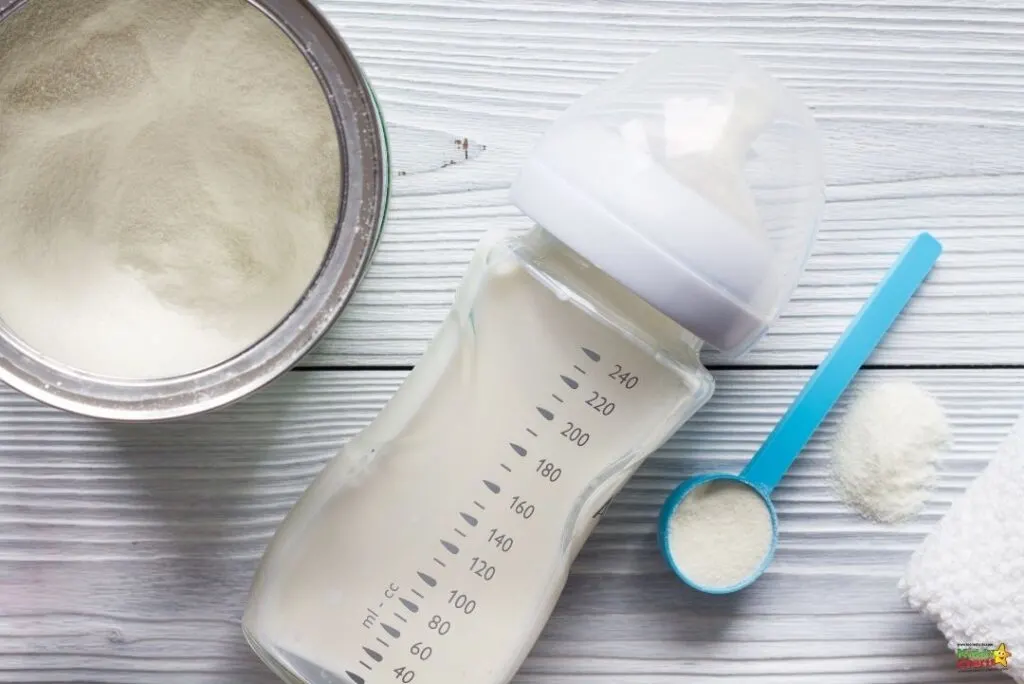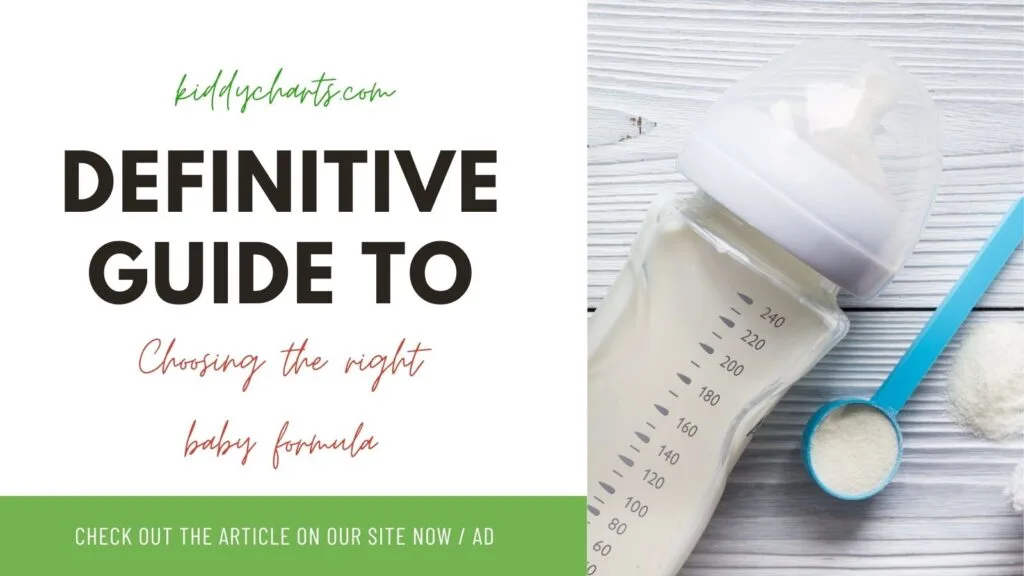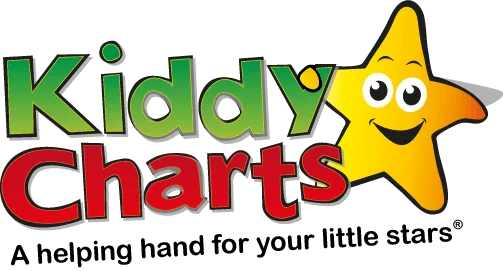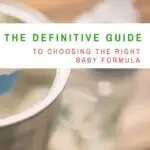(This is a partnered post) As parents, whether you’re a first-timer or not, there’s always a lot to learn. One of the biggest challenges comes with the desire to give your kids the best of everything. And among all of their needs, the most important has to do with their feeding and nutrition. When you’ve performed a lot of research to come up with the best in terms of the gear your baby will be using, this preparation should also include baby formula for the follow on years helping with formula feeding from the get go.

Choosing the right baby formula is a major decision to make because, during the first few months, milk constitutes and supplies the nutritional needs of your baby. It needs to have the vitamins and nutrients without the unhealthy fats, calories, and sugar, which are bad for a young infant. When there are many brands such as S-26 baby formula and others to choose from, you need a guide that can help you narrow your options regarding the most appropriate baby formula.
With that in mind, this article gives out everything you need to know about choosing the right baby formula for your over 6 month old little one.
There are different base ingredients
The most common formula milk you may know of would be the ones made from cow’s milk or any other animal dairy source. But this isn’t the only formula ingredient you can opt for.

There are many base formula ingredients you can choose, and it’s up to you to select the one you think is the best for your baby. Hence, you should be familiar with the options.
Some of the choices you’ll have are:
- Milk-based baby formula. These are the most popular and widely produced in supermarkets. As its name implies, milk-based baby formula is made from cow’s milk and vegetable oils. These are rich in protein, vitamins, and minerals, which make them appropriate for full-term and healthy babies. If you don’t fancy cow’s milk, goat’s milk is another viable option for baby formula.
- Plant-based baby formula. If your baby has any allergies to dairy or is lactose-intolerant, then you’d do well with plant-based baby formula. Usually, these would be made from soy and rice.
- Specialty baby formula. These are the formula milk made for babies with special needs. For instance, some might have low birth weight or need a low-sodium formula for babies with a restricted diet. Usually, these are also classified as hydrolyzed milk or gentlease for babies who can’t tolerate cow’s milk.
Research on the farming practices
When you don’t know which brand or type of formula you’ll opt for, the best route to take is to ask advice from your doctor and other mom friends. Once they recommend a specific brand to you, don’t buy right away. There’s one extra step of prudence you have to take first, and this is to research the farming practices by the formula manufacturer. With this, you’d know personally that what your baby is about to consume is safe.
For instance, if you’re keen on keeping your formula to a minimal amount of chemicals as possible, it helps to check for farms that follow an organic farming practice. Those types of formula milk often have stricter regulations on what the cows are fed, among other concerns. Usually, organic formula milk is required to have no detectable levels of pesticides and other chemicals before they’re placed on the shelves.

Accessibility matters for formula feeding
When you’re narrowing your choices from dependable and popular brands, there’s one factor that matters the most: accessibility. If it’s hard to obtain from your nearby supermarket or if your local shops don’t stock up on that milk, then don’t go for that particular brand. Babies are creatures of habit, and the last thing you want is to have them used to a specific formula milk taste and then adjust their feeding habits again when you change milk regularly.
For instance, if you can afford it and if your local supermarket keeps a regular supply of it, then you’re fine with organic milk. But if it’s not always available where you are, then don’t stress about it. Store-brand milk can also be as good as brand milk is. What matters the most is the formulation and ingredients.
Conclusion
The guide above should prepare you enough and get you ready for the wide selection of formula milk at the supermarket. You’re sure not to run out of options, but the question is how do you even begin your search? How do you separate what’s good from what isn’t, and what are the metrics to guide you toward the best choice?
Among all other tips you can use, be sure you discuss your choice all the time with your baby’s pediatrician. This is one way to ensure you’re making the best absolute decision for your kids’ health. Consider the ideas mentioned here as you scour the market for the right baby formula.
We hope that this is helpful to you – feel free to check out some of the other resources we have on the site for babies:
Baby Tips
We have some of our best baby tips and printables where for you - baby milestone cards anyone?
Sound Advice and Baby Tips for Carers and Parents
From pregnancy to baby weaning we have you covered with our advice and baby tips for carers and parents.
Sleeping Tips for Babies and Beyond
We have collated all of our baby sleep tips on this page.
If you are looking for feeding specific help – do check out the UNICEF pages too. Here are some more baby tips from off KiddyCharts as well:
Baby tips from the internet
Here are some more ideas for baby for the new parents out there.
Royal Baby gifts fit for a Prince or Princess!!
Some royal baby inspired gift ideas from Deep in Mummy Matters.
Five carefully chosen and thoughtful gifts for new mums
Some thoughtful and carefully chosen gift ideas for new mums to complement the ones we have given above.
These Are The Best Baby Gifts Going | Baby Soft Toys
Some more ideas from gifts - this time from Mummy vs Work.
We do have a complete section on help for new parents and new borns too, and that is well worth a good look too. We LOVE to help you new parents out because we very much know how tough it can be.
Why not sign up to our articles for more help?
Thanks as always for stopping by and seeing us as well. We hope this helps with any formula feeding needs you have.
Take care,
Helen







